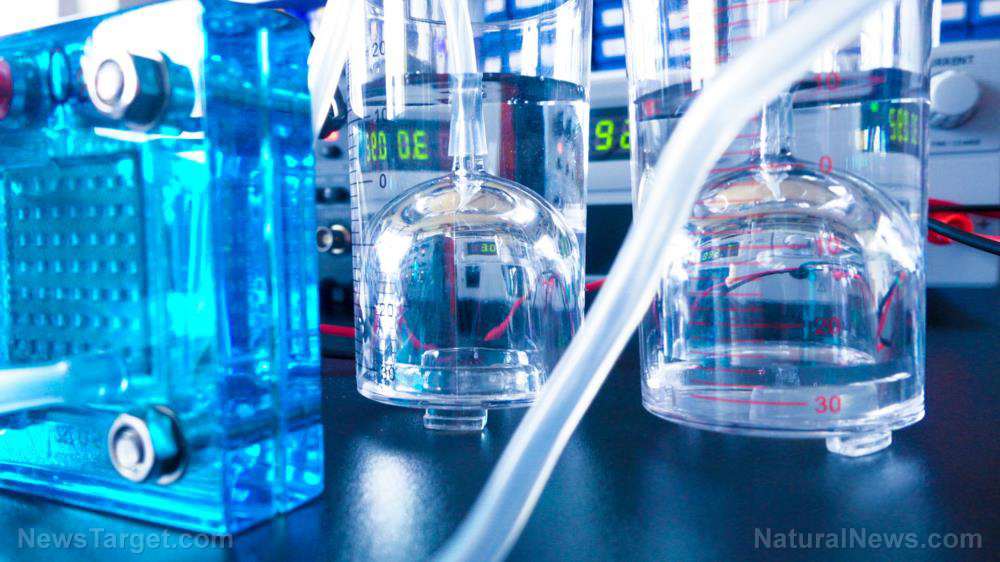
Currently, hydrogen-powered vessels are used mainly to transport people from one point to another. Belgian shipping firm CMB uses a hydrogen-fueled ferry to transport commuters from Antwerp to Kruibeke. CMB Chief Executive Officer Alexander Saverys remarked: "This is the fourth energy revolution in shipping. [From] rowing our boats, to sales, to steam engine, to diesel engine – and we have to change it once more."
Torvald Klaveness CEO Lasse Kristoffersen concurred with Saverys. "There is no question whether hydrogen will be the energy carrier of shipping in 2050," he remarked. However, Kristoffersen put forward a challenge: "The question is, how do you produce it and which form do you use it as a carrier?"
The use of hydrogen fuel on small vessels with set routes and refueling stations – exemplified by the CMB project – proves its viability. However, hydrogen fuel for larger vessels are a different question. According to an analysis by petroleum company Royal Dutch Shell, bulk carriers, oil tankers and container ships make up 85 percent of the shipping industry's emissions. Fossil fuels currently are the cheapest and most efficient way to power these gargantuan ships.
Thus, many industry figures are looking at either blue or green hydrogen to fuel larger vessels. These can be produced using either natural gas with carbon-capturing technology or renewable energy. Furthermore, the combustion of hydrogen produces water – which ties in with the zero carbon emission goal. But hydrogen has low energy density compared to its fossil fuel counterpart. Storing hydrogen in its liquid form below -253 degrees Celsius calls for heavy cryogenic tanks, which take up space that could have been used for cargo.
Mediterranean Shipping Company Executive Vice President Bud Darr acknowledged that the shipping sector "is not going to be an easy sector to decarbonize." He continued: "Ocean shipping's need for autonomy requires us to carry a large amount of fuel. We need a range of alternative fuels at scale and we need them urgently." AP Moller-Maersk Head of Green Transition Morten Bo Christiansen seconded the sentiment. "With the current state of technology, we cannot use hydrogen to fuel our vessels," he said.
Nevertheless, Darr reiterated that the industry is "keeping an open mind and exploring all possible solutions" for a cleaner way to fuel marine vessels. (Related: Toyota's hydrogen fuel cell can power SHIPS.)
Container ships and their land-based counterparts – freight trucks – are eyeing hydrogen for fuel
While shipping companies expressed skepticism toward pure hydrogen, they expressed optimism toward ammonia as a possible alternative for shipping fuel. The stinky compound of hydrogen and nitrogen is easy to liquefy and has almost twice the energy output of liquid hydrogen. Supply is not a problem as ammonia is already transported worldwide at scale.
Some engine manufacturers have said ammonia-fueled engines are "within reach." Finnish company Wärtsilä said it would be ready to scale up engines powered by the compound by the end on 2022. German firm MAN Energy Solutions meanwhile said it plans to deliver an ammonia-powered oil tanker by 2024. Both firms noted that new engines for ships would also need to be compatible with bunker fuel until supply infrastructure for ammonia was in place.
"The cleanest, most realistic transport fuels of the future are hydrogen-based fuels – including green ammonia," Trafigura Global Head of Fuel Decarbonization Rasmus Bach Nielsen remarked.
Ships are not the only ones looking at the adoption of hydrogen for fuel. Freight trucks are also considering the use of hydrogen fuel cells – despite purportedly being less efficient compared to electric batteries. This criticism has failed to dissuade companies from running real-world tests on the efficiency of hydrogen-powered trucks on the road.
A report by FreightWaves said automobile manufacturers such as Toyota, Daimler and Volvo have conducted tests of hydrogen-powered trucks in California ports. Not to be outdone, South Korean car maker Hyundai announced plans to roll out its Xcient fuel cell truck. The FreightWaves reported added that Hyundai will test its new truck in the Golden State, alongside its rivals.
Refueling stations for hydrogen-powered trucks are equally important for a cleaner freight trucking future. Arizona-based firm Nikola Corporation said it plans to build hydrogen production and fueling stations on specific routes. The company's plan came in response to other companies purchasing fuel cell trucks for specific routes.
TruckingInfo.com reported in January 2021 that Nikola sealed a deal for a special electricity rate with the Arizona Public Service. The Arizona Corporation Commission unanimously approved Nikola's deal with the Grand Canyon State's largest electric utility. Under the deal's terms, Nikola will enjoy a competitive electric rate specifically designed for hydrogen production, processing and dispensing.
Visit NewEnergyReport.com to read more news about the use of hydrogen as fuel for trucks and ships.
Sources include:
Please contact us for more information.


















